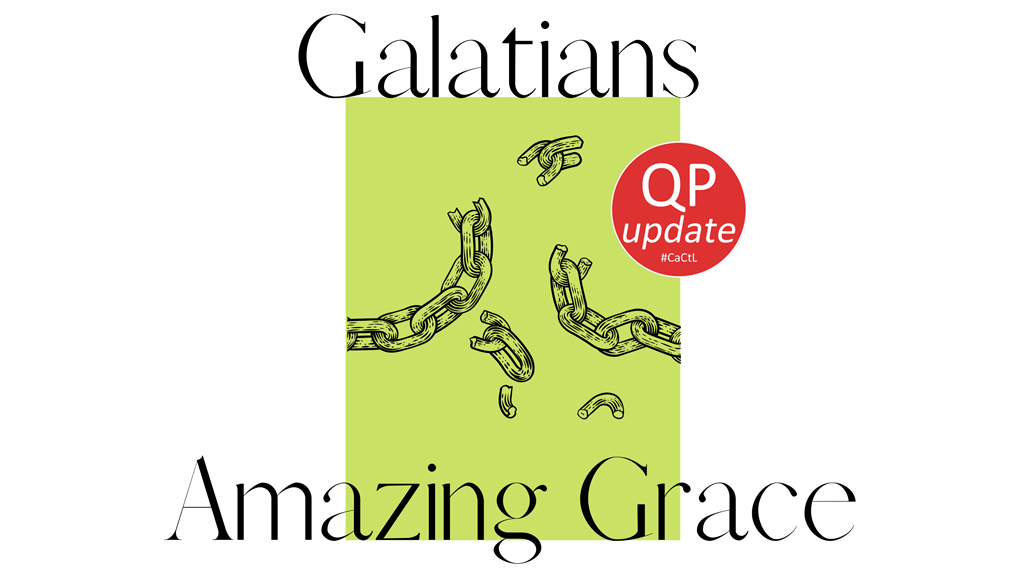In July 2021 Vladimir Putin published a 5000-word essay “On the historical unity of Russians and Ukrainians”. In March 2022 the essay was enacted, and Russia launched a full-scale invasion of its sovereign neighbour attacking the Ukrainian people and threatening the peace of the world.
No doubt, like me you watch breaking news with mounting shock and the incredulity that here in the 21st Century we are watching tanks roll across the plains of Europe.
Putin’s essay claimed common “spiritual, human, and civilizational ties formed for centuries”. After all, the Russian Orthodox church, key to national identity, originated in Kyiv in the 9th Century. Now with the blessing of the primate of the Russian Orthodox Church, Patriarch Kirill Putin pronounced that he is liberating Ukrainian citizens and restoring Mother Russia. A narrative which Putin has been saturated in, written about and gamed out in military exercises is now played out in the destruction and displacement of Ukrainian civilians.
I feel powerless, helpless as I watch. What can be done? what can I do?
Firstly, there is a salutary lesson here. War begins in our hearts. Paul says as much in our reading this week – Galatians 5: 15-21. Putin’s essay reminds me of the stories we tell ourselves, the judgments I make about others, the conspiracy theories I build up about people and their motives and how that influences my interactions. How deeply these prejudices wedge into my thinking! My views of the world and of myself need constant debunking and questioning from others. War begins in a warped mind and ends in bloodshed and hatred.
Secondly, this is a reminder to us that evil is real, and unchecked it threatens our world. The rehabilitated mind of a Christian believer is indignant at evil in our world. As the old adage goes: “if you are not angry at injustice you are not paying attention.” So how do we channel righteous anger? I have been reminded this week of the so-called “imprecatory” Psalms – those we don’t and won’t sing and would find impossible to voice if they were not written in scripture. These psalms name evil. Take a look at the raging outbursts we find in Psalm 7 as a for instance.
14 Whoever is pregnant with evil conceives trouble and gives birth to disillusionment.
15 Whoever digs a hole and scoops it out falls into the pit they have made.
16 The trouble they cause recoils on them their violence comes down on their own heads.
17 I will give thanks to the Lord because of his righteousness I will sing the praises of the name of the Lord Most High.
This is a psalm that tells our souls to set our hopes in ultimate justice and to call out for God to avenge wrong. Perhaps it helps us pray that the mind of a dictator would be changed, and that trouble he causes would recoil upon him and lead to repentance. Certainly, it allows us to take sides against the oppression we see and to pray with our hearts and emotions engaged rather than pray blandly, apolitical prayers that hedge around what God’s will may or may not be in this given situation.
We can pray together too. We are inviting you to come join us for a time of prayer for Ukraine on Sunday evening at 6:30pm in Camphill.
We also want to give in support of churches and agencies who are expressing care in the name of Jesus. you can see details of that elsewhere on this update. we will channel our offerings through our friends at Fast in Romania who are offering refugee support and the European Baptist Network who are working directly on the ground in Ukraine and neighbouring countries.
And still, we cry – Lord have mercy! Christ have mercy.
Iain
